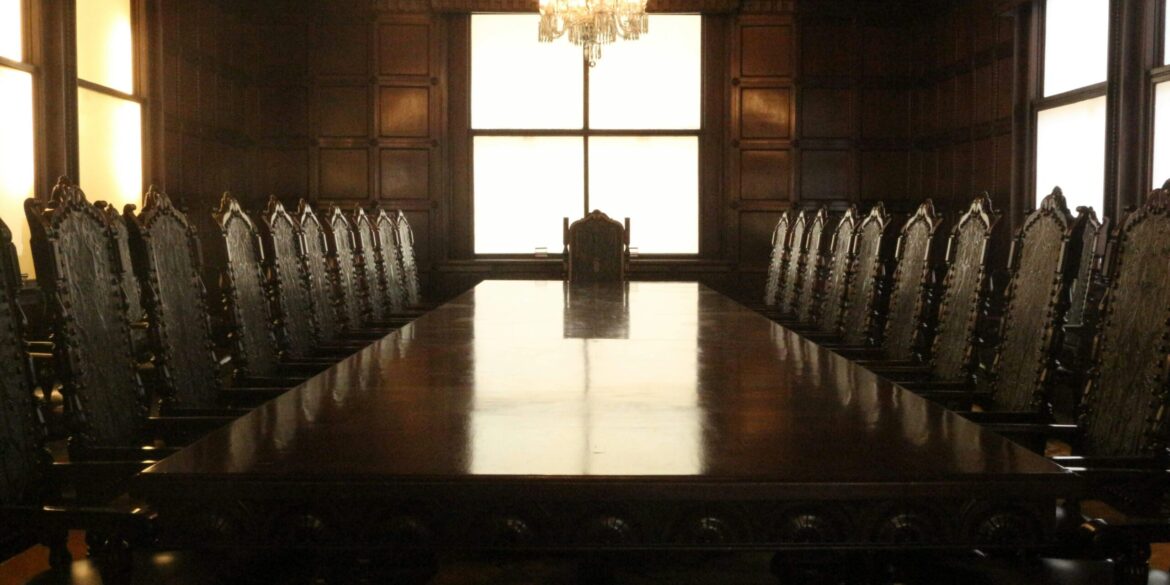The recent federal court ruling against President Trump’s tariffs underscores a critical point: the need to maintain checks and balances within our government. While the executive branch undeniably plays an essential role in foreign policy and national security, significant economic decisions—such as the imposition of tariffs—must not be left to the discretion of the president alone. This ruling serves as a timely reminder that, according to the U.S. Constitution, Congress, not the president, is vested with the authority to regulate commerce with foreign nations.
The court’s decision to block Trump’s broad use of tariffs based on the International Emergency Economic Powers Act (IEEPA) was a significant legal development, one that raises important constitutional and practical concerns. The president invoked the IEEPA to impose tariffs on a wide range of goods, primarily targeting China and several other trading partners. Trump’s rationale for the tariffs was rooted in protecting U.S. industries from unfair trade practices and reducing the trade deficit. While these concerns were valid and required attention, the court ruled that they did not constitute a national emergency sufficient to justify such sweeping economic measures under the IEEPA.
At its core, this case is about the balance of power between the executive and legislative branches. The Constitution grants Congress the power to regulate foreign commerce, which has been interpreted over the years to include tariff legislation. By bypassing Congress and relying on executive authority, the Trump administration’s actions raised important questions about the proper scope of presidential power in economic affairs. The court’s decision challenges the idea that the president can unilaterally impose economic measures without meaningful legislative oversight.
For years, trade policy has been an arena in which the executive branch has taken center stage. Presidents have wide discretion when it comes to negotiating trade deals and managing relations with foreign nations. However, imposing tariffs—one of the most direct and impactful economic tools—has traditionally been a power shared with Congress. The last few decades have seen a trend toward increasing presidential authority in foreign trade, but this case reminds us that there are limits to that power.
While the court’s ruling is undoubtedly a victory for the legislative branch’s role in trade policy, it also serves as a call to action for Congress to reassert its constitutional authority. In the absence of clear and enforceable trade laws that require the president to consult Congress before implementing tariffs, it falls to lawmakers to provide more robust oversight. Congress must ensure that tariffs are not used arbitrarily or in a way that undermines the national interest. A system of checks and balances should prevent any one branch from wielding too much power over the economy, especially when such decisions affect American businesses, workers, and consumers.
Moreover, the ruling emphasizes the need for a more transparent and deliberate approach to trade policy. A clear and collaborative process, in which both the executive and legislative branches work together to address trade imbalances and disputes, will be more effective in the long term than the unpredictable use of executive orders. Trade issues, particularly those that involve tariffs, should be subject to public debate and careful consideration, allowing Congress to engage in a meaningful way with the issue.
While some may argue that the president must be able to act quickly in response to trade threats or national security concerns, this ruling underscores that such decisions must not be made in isolation. It is essential that any significant economic measure, especially one as impactful as tariffs, undergoes proper scrutiny and reflection from elected representatives who represent the diverse interests of the American people.
This case presents an opportunity for lawmakers to reevaluate their approach to trade policy and executive power. The ruling serves as a clear reminder that Congress must be involved in regulating commerce, particularly when it comes to economic decisions that have far-reaching consequences. It is crucial that we maintain a system in which the president, as an elected official, can fulfill the nation’s foreign policy needs without overstepping constitutional boundaries and infringing on the legislative powers entrusted to Congress.
Ultimately, the federal court’s decision provides an important check on executive overreach. Moving forward, it is up to Congress to act, ensuring that trade policy reflects the interests of the nation as a whole, rather than the unilateral desires of one branch of government. As we continue to navigate global trade challenges, it is imperative that we uphold the principles of constitutional governance and the separation of powers.

